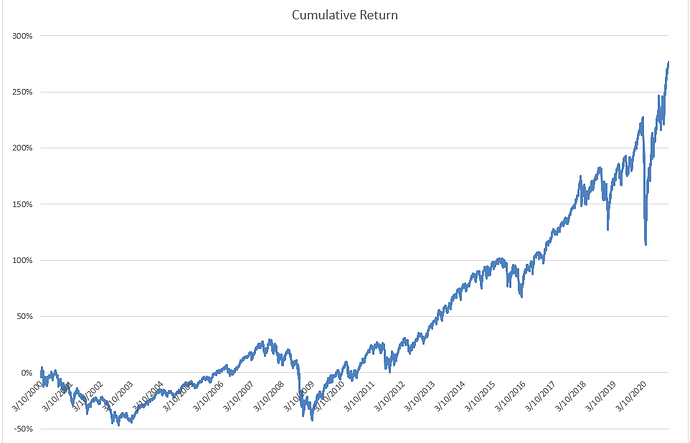Carrying on the Peloton discussion, because all I ever talk about is Peloton:
I don’t really think I could run a business, and successful companies often do things that I don’t understand. So maybe this is just another example of me not understanding the real world. But I truly am struggling to understand these simultaneous strategic decisions:
It reminds me of the classic death spiral that you can get when you set prices to cover costs, rather than based on (falling) customer demand. Kind of based on a story from my school: Imagine that you have an IT department with a fixed cost of $1,000,000 per year, and (to efficiently allocate IT services), you charge people for using those services. Say that every service item takes about the same amount of time, and there are about 10,000 service calls per year, so you charge $100 per service call.
But over time, the demand for those services drops. In 2003, maybe it made sense for the department to pay $100 for installing a fax machine. But now, lots of departments say, “Screw that - we’re not installing a fax machine; it’s not worth $100.” Service calls drop from 10,000 to 6,000, but the IT department still costs $1,000,000 to run. So the IT manager panics and says, “We’ve got to increase our service charges to cover our costs. Our new service charge will be $166.67.”
What happens next is obvious - the department that was still willing to pay $100 for a fax machine in 2022 (I don’t know, philosophy?) says “Ok, that’s ridiculous. Even we aren’t willing to pay that much.” And service calls drop even more, so the IT manager raises the per-service call price even more to cover the fixed cost with an ever dwindling number of customers. And then they’re left wondering why no one is using their services at $250,000 per service call.
I dunno, I just want Peloton to stay in business so that I can run and bike while attractive fitness instructors yell at me with BANGERS playing in the background.

